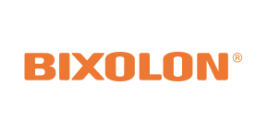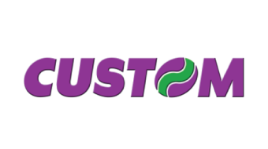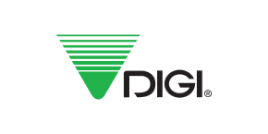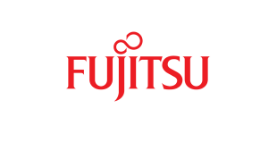Tablet Computer
Tablet computers have become indispensable tools in managing modern businesses. Their portability, convenience, and diverse functionalities make them valuable assets across various industries, boosting efficiency, reducing costs, and providing a competitive edge.
1. Sales Tablets
Tablets enhance sales operations in both B2C and B2B environments. Sales representatives can utilize tablets to present products, services, and information to clients anytime, anywhere. Real-time access to product details, inventory, and promotions facilitates order taking and payment processing directly on the tablet. This streamlines workflows, improves accuracy, and enhances customer satisfaction.
2. Service Tablets
In service industries like restaurants, hotels, and retail, tablets empower staff to deliver efficient customer service. Tasks such as taking orders, serving food, checking guests in and out, and providing product information and promotions are expedited, leading to faster service and increased customer satisfaction.
3. Field Service Tablets
Tablets improve efficiency in field operations like inspections, maintenance, and surveys. Field personnel can record data, capture images, and transmit information back to the main office in real-time, minimizing errors, saving time, and optimizing workflows.
4. Healthcare Tablets
In the healthcare sector, tablets facilitate access to patient information, recording medical histories, prescribing medications, and monitoring treatment progress. This enables doctors and nurses to provide efficient and accurate patient care.
5. Education Tablets
Tablets serve as effective learning tools, providing students with convenient and engaging access to educational content, exercises, and learning resources. Teachers can also utilize tablets for classroom management, tracking student progress, and communicating with parents.
6. Logistics Tablets
Tablets optimize logistics operations, including warehouse management, transportation, and delivery. Employees can use tablets to verify goods, scan barcodes, track shipment status, and record delivery information.
7. Manufacturing Tablets
In manufacturing, tablets are employed for controlling machinery, inspecting product quality, and recording production data, enhancing efficiency and reducing errors.
8. Warehouse Tablets
Tablets streamline warehouse operations, such as receiving goods, storage, picking, and inventory management. Employees can utilize tablets for barcode scanning, verifying storage locations, recording data, and tracking item status.
Key Features of Business Tablets
- Durability: Withstanding demanding use and diverse environments.
- Security: Protecting sensitive data with robust security features.
- Performance: Fast processing and capable of handling demanding tasks.
- Connectivity: Supporting Wi-Fi, Bluetooth, and cellular connectivity.
- Battery Life: Offering extended usage time to support mobile workflows.
- Software: Compatible with essential business applications.
Choosing a Business Tablet
- Consider your needs: Identify specific requirements, such as task type and budget.
- Choose the right OS: Select from Android, iOS, or Windows based on your needs.
- Select screen size and resolution: Choose a display that suits your usage.
- Choose appropriate specifications: Consider RAM, storage, and processing power.
- Select a reliable brand: Opt for a reputable brand with a proven track record.

































_268.jpeg)
_268.jpeg)
![ZEBRA ET4x-HC Picture of ZEBRA ET40-HC Tablet Healthcare [10", Android]](https://www.pospak.com/images/thumbs/0033808_zebra-et40-hc-แท็บเล็ต-healthcare-10,-android_268.jpeg)
_268.jpeg)
_268.jpeg)
![ZEBRA ET4x-HC Picture of ZEBRA ET45-HC Tablet Healthcare [10", Android]](https://www.pospak.com/images/thumbs/0033814_zebra-et45-hc-แท็บเล็ต-healthcare-10,-android_268.jpeg)








































